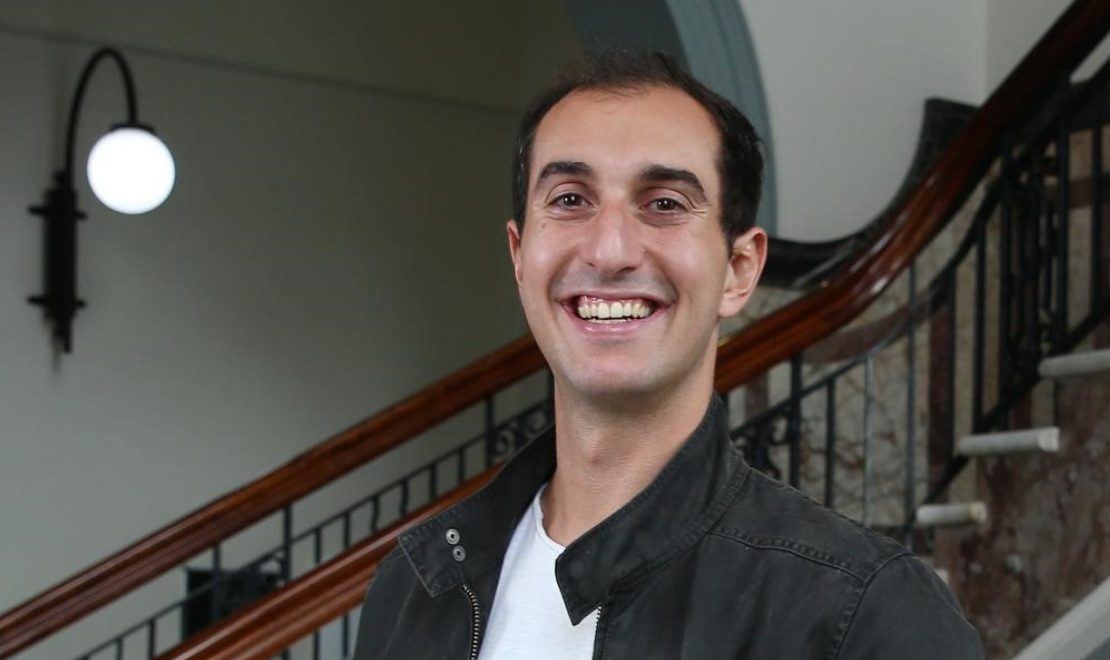Ryan Foutty articulated Perplexity’s vision for the digital economy at SXSW Sydney. The economic structure of the internet is fundamentally realigning to prioritise quality, brand, and user efficiency over click revenue, he says.
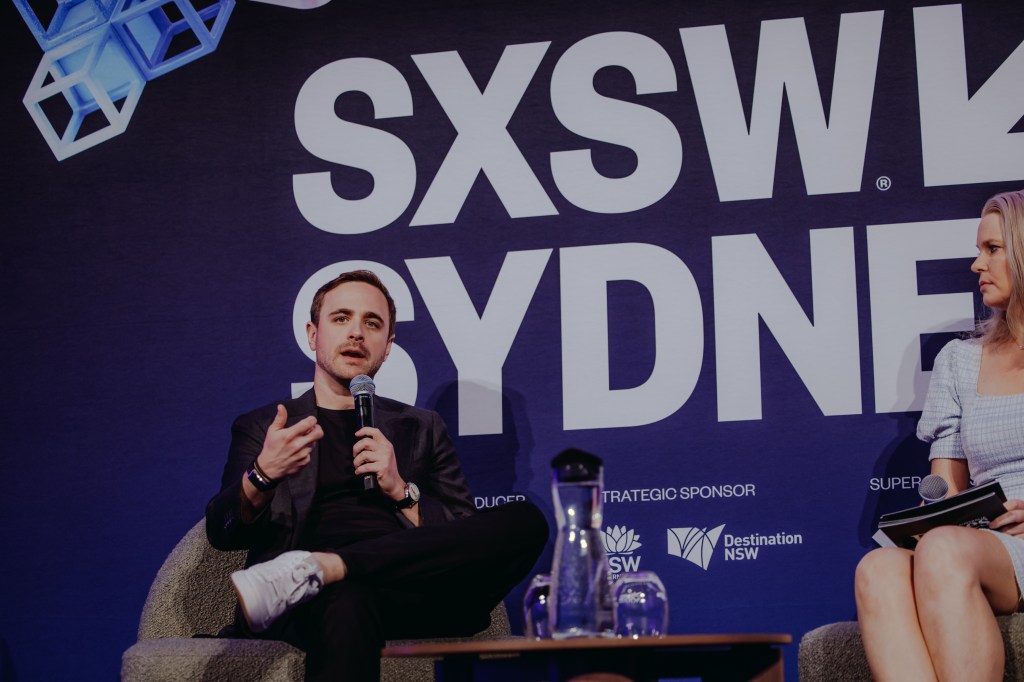
The buzz at South by Southwest Sydney was unmistakable: the future of search is here, and it’s not built on clicks. It’s all about summaries, overviews – and crucially for Perplexity AI – answers.
Standing at the intersection of technology and business is Ryan Foutty, Vice President of Business at Perplexity. Foutty flew in from Texas to discuss a vision that directly challenges the decades-long dominance of traditional search led by Google.
As Foutty put it, Perplexity is an “AI-powered answer engine” that provides concise, accurate, well-sourced responses that “save people time, and ultimately give people the ability to really invest in curiosity.” The company’s strategy, from its product features to its monetisation, is built on a post-click, “trust economy” that aims to replace the legacy attention model.
Forget search, enter answers
Foutty drew a clear line between the old search engine model and the new AI engine. Traditional search platforms deliver a set of links, forcing the user to “go and do the work and find the answer.” Perplexity uses AI to gather facts from various web sources and deliver synthesised answers.
For a research and answer tool, Foutty stressed, “hallucination isn’t a feature, it’s a bug.” This stance on accuracy is why transparency is core to the platform.
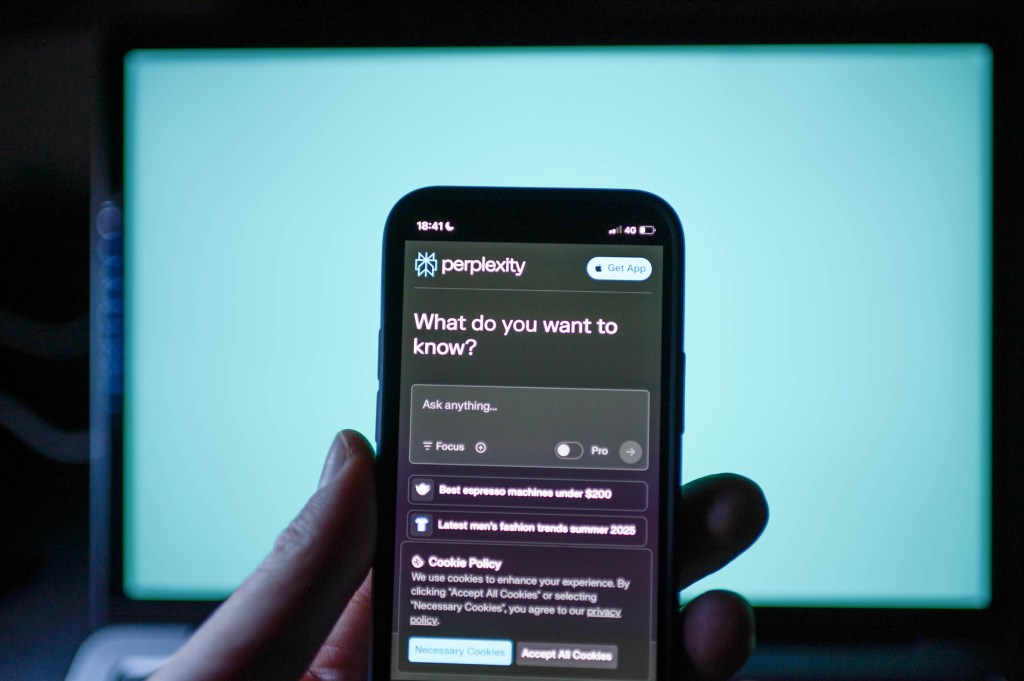
Perplexity was the first of its competitors to show its sources, prioritising peer-reviewed resources, academic journals, and trusted media outlets, to ensure verifiable facts. This approach means users can vet the citations.
I asked Foutty on stage at SXSW Sydney whether Perplexity answers are 100 per cent accurate. No, he says, and he can’t give an exact figure or degree of accuracy.
Monetising trust
Traditional search monetises attention through advertising and clicks, whereas Perplexity is focused on monetising trust through premium offerings like its Pro and Max subscriptions, APIs, and, critically, its Enterprise product.
“We don’t want to create the same incentive system that existed in the first wave of the internet,” he says.
The launch of the Comet browser, two weeks prior to the Austin-based executive’s visit to Australia, further cements this direction. Comet is designed as a personal assistant, and is built on Chromium.
Foutty was candid when asked about this moment in technology, saying “I think we’re absolutely in an AI bubble.” However, he considers Perplexity’s core service – answering questions – to be “bubble proof” because people will “always want to learn more and do more,” regardless of market conditions.
A new deal for publishers
For media publishers, the shift from search to answers is an existential change. Foutty acknowledged that the last two decades of the internet incentivised “clicks and clickbait content,” which often diminished the value of real journalism. Perplexity believes it can reverse that damage.
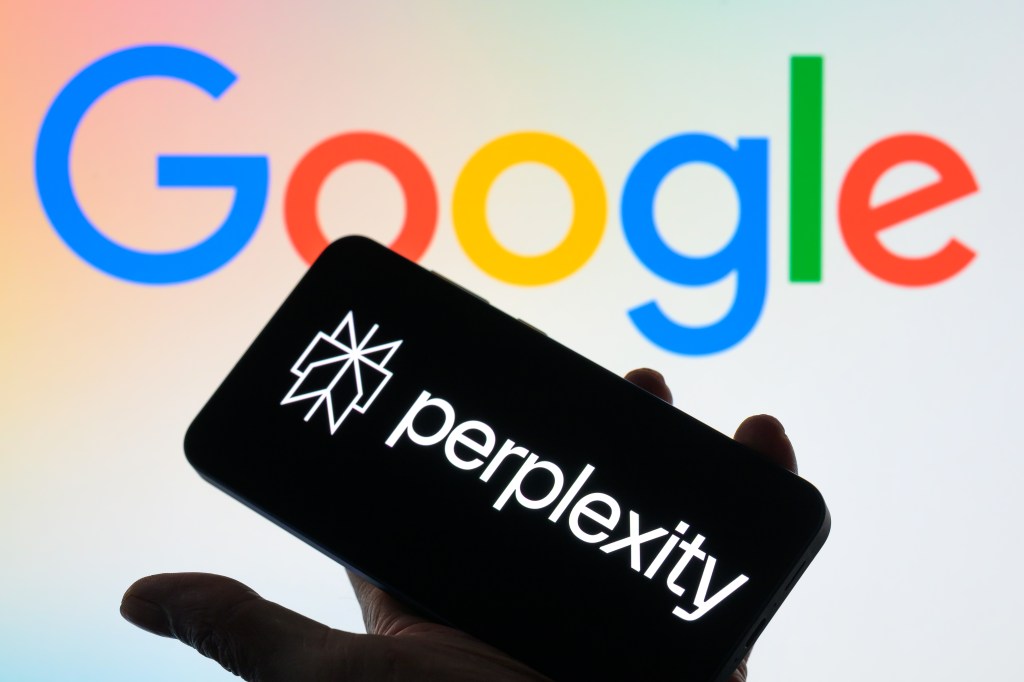
The Comet Plus subscription includes a new publisher program where the company shares revenue with partners, including major news outlets like the Jeff Bezos-owned Washington Post, CNN, Conde Nast, and the LA Times. “We share revenue with publishers whenever their content is interacted with on Comet,” Foutty says. Not all content that Perplexity dishes up is delivered on Comet Plus, however.
The ‘publishers program’ faces a critical counter-argument: that the revenue share will not be sufficient to offset the loss of inbound traffic and advertising revenue, as users receive the core answer directly without needing to click through to publishers’ websites.
Foutty’s response to this critique is that the AI era fundamentally “rewards great reporting.” By prioritising verifiable facts and high-quality sources, Perplexity ensures that the most successful publishers will be those with superior content, not just the best SEO.
When asked how media professionals – who have long been instructed to prioritise SEO and keywords for content visibility – should adapt, Foutty admitted the dynamic is shifting. If content is being summarised, how does a reporter ensure their story is found, I ask? The focus must move away from keyword optimisation and back toward the “topic funnel,” he says.
“Brand becomes more important than ever. . . traditional media, earned media, PR, becomes a lot more important,” says Foutty. The logic is that since the new model disincentivises generic clickbait, media outlets must win on authenticity, authority, and recognition, compelling users to actively seek out sites “where trust, accuracy, [and] thoroughness is most critical.”
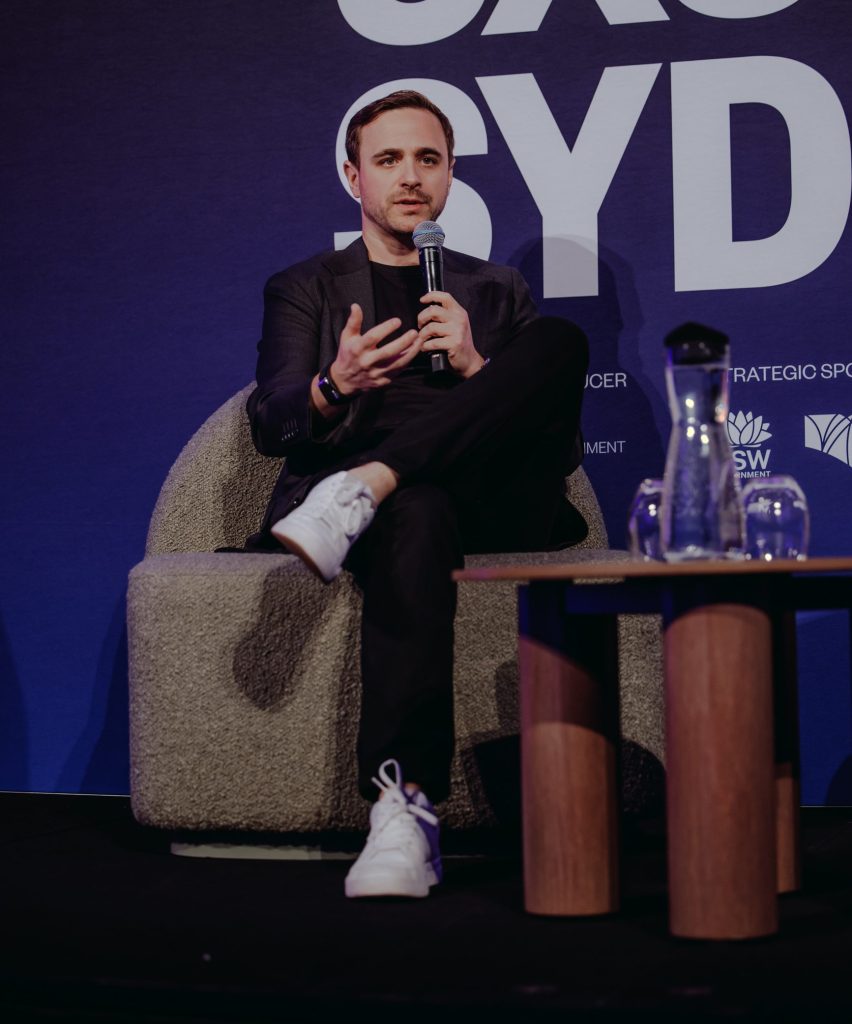
This implies a return to foundational media value – high-quality journalism – as the primary discovery mechanism, effectively reversing the SEO-driven incentives of the previous internet generation.
Foutty explained Perplexity’s vision is oriented around giving time back, freeing people to focus on high-value tasks, creative work, or even personal interests. This new dynamic creates a “much healthier internet, better internet for people, and a better internet for publishers,” he claims.
Scaling curiosity through partnerships
To scale its mission of serving curiosity, Perplexity is actively looking to partner with other organisations. In Australia, Perplexity has a partnership with Optus, and is looking for others. Foutty noted Australians are among the “earliest tech adopters” and exhibit a high degree of curiosity about AI.
The telco deal – which offers Optus customers a year of Perplexity Pro – is designed to drive mass adoption of “useful AI” across the market, mirroring how telcos popularised mobile technology in a previous era.
Internationally, the company is looking to partner with curious, high-performing, high-profile individuals. A key example is Formula 1 champion and recent Ferrari convert, Lewis Hamilton. Foutty explained that Lewis, a seven-time world champion and a successful entrepreneur, is a daily user of the platform.

The decision to partner directly with Hamilton, rather than with an F1 team as other tech companies are doing, is because the driver uses the platform to seek information about his car, strategy, and business ventures, Foutty says.
“People are at the centre of everything we’re doing,” Foutty says, and the Perplexity product is ideal for anyone who is “constantly asking questions.” Developing the thoughtfulness to ask the right questions is an essential skill for the future, he notes.
The long game
Perplexity AI is not claiming to beat Google at its own game, but is positioning itself as an alternative to the traditional search engine model. When asked who he sees as the biggest competitor, he confirms that upending Google is Perplexity’s objective.
The subscription-first model and publisher revenue-sharing initiative is a long-term bet on the superior user experience of verified answers. As the company continues to invest in markets like Australia, Foutty is confident that the shift from keyword searches to detailed, thoughtful questions will make users smarter and the digital world more transparent and engaged.
Look back on the week that was with hand-picked articles from Australia and around the world. Sign up to the Forbes Australia newsletter here or become a member here.
